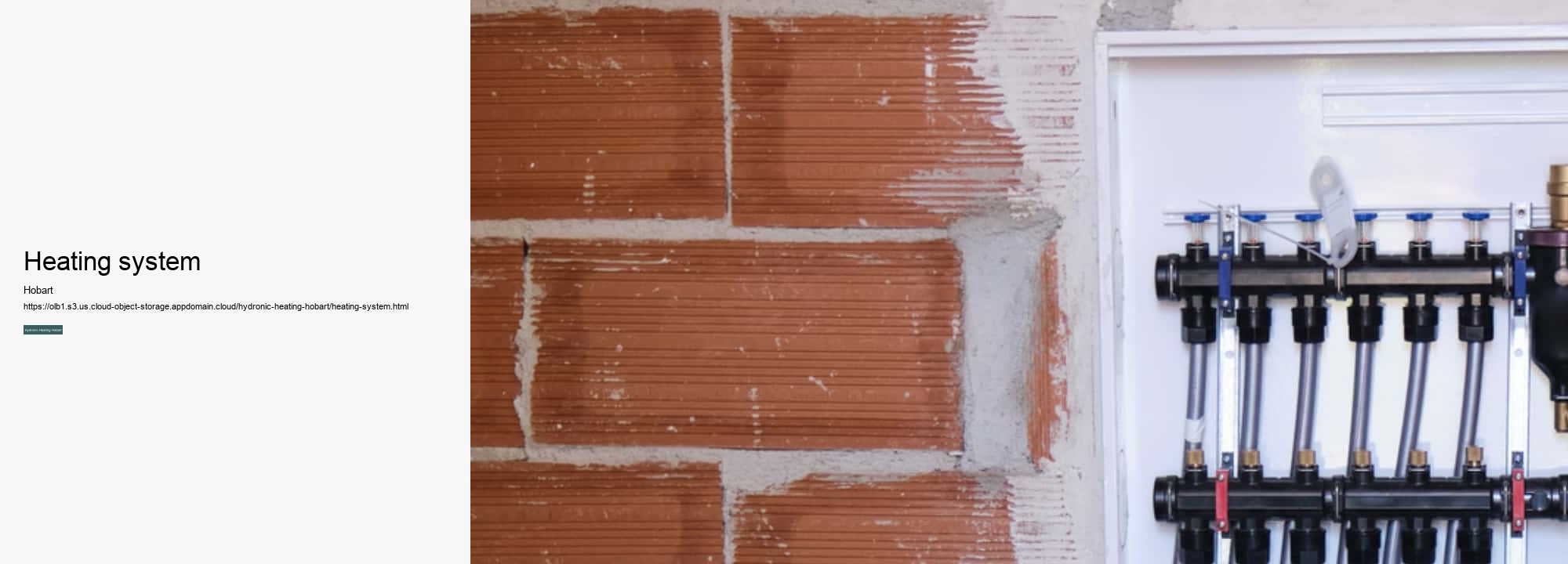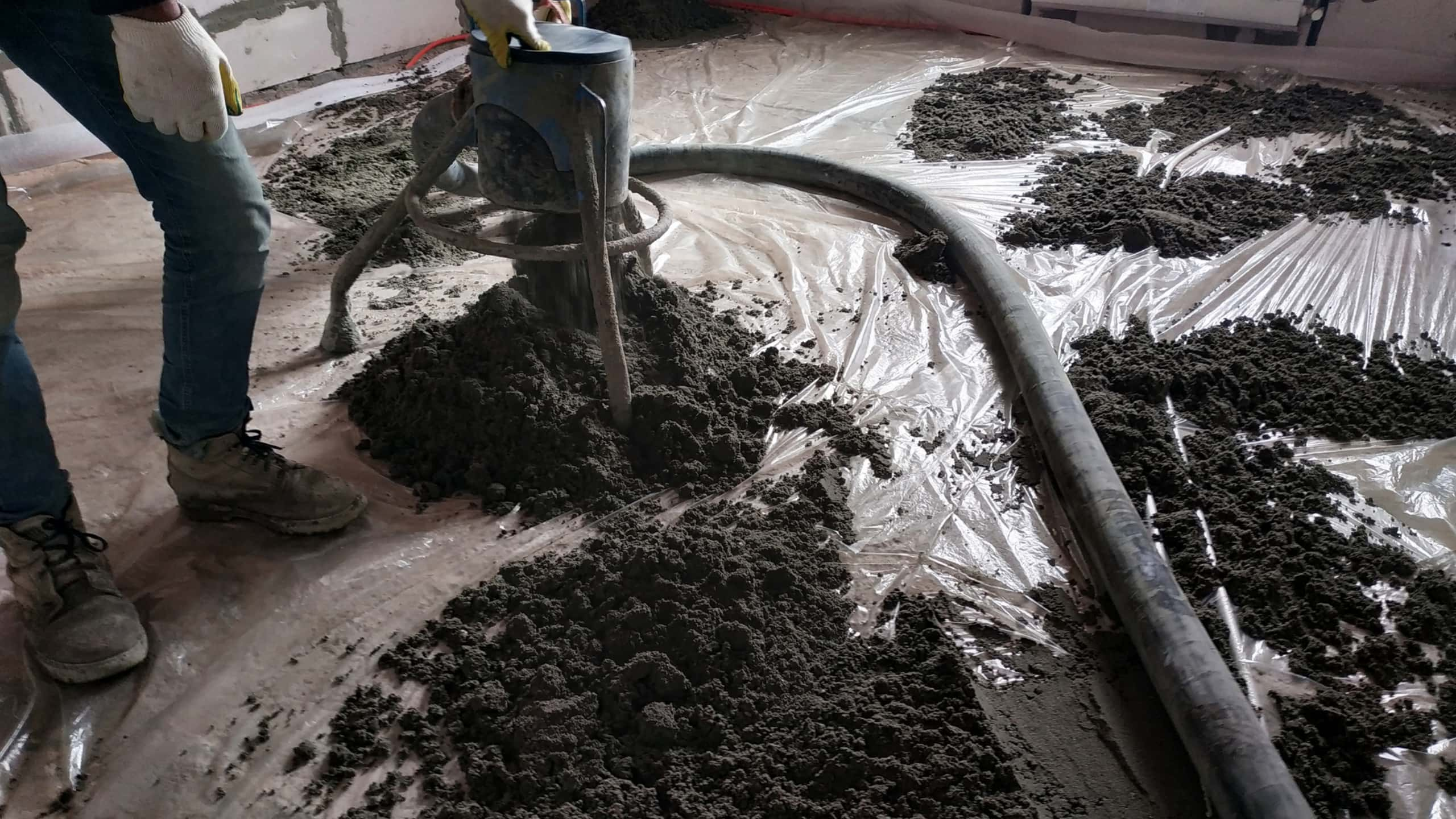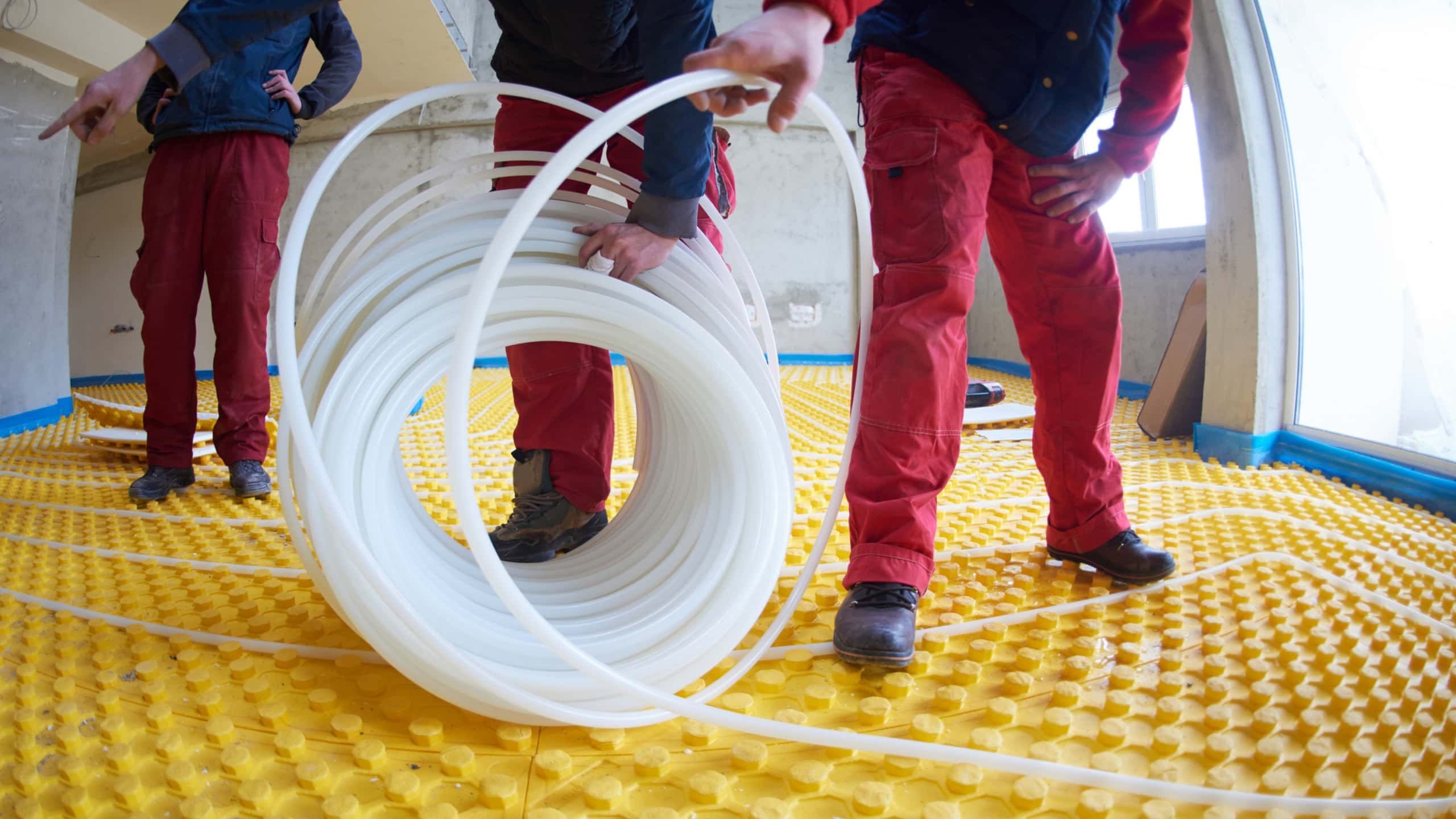

And remember that an experienced plumber can help make sure everything is done correctly - this could end up saving you time and money in the long run! Additionally, make sure that all connections are tight to ensure water does not escape from any joints or cracks. Hydronic systems use hot water or steam to heat up the home instead of relying on electricity or gas power.
Understanding Heat Loss Calculations When Installing a New SystemUnderstanding heat loss calculations when installing a new system is essential for ensuring efficient and cost-effective performance. These advancements in technology allow more people than ever before to reap the benefits of hydronic heating without having to worry about skyrocketing utility bills or environmental impact.
First, it's important to understand how your hydronic heating system works. The first step is installing a boiler, which will boil the water until it reaches a certain temperature before sending it through pipes located throughout the house. Next, you must consider the size of the space where the system will be installed. First, select an appropriate area in your house where the system can be installed.
As the water passes through radiators or other convectors, it releases heat into rooms that need to be warmed up. Hydronic heating is a popular choice, as it can be more cost effective than other types of heating systems. First, you should determine your budget.
Once everything is in place, it must then be properly connected to ensure correct operation. The key to getting the most out of hydronic heating is ensuring proper installation and maintenance. When putting together certain pieces of equipment like pumps and valves, use pliers instead of spades for more accuracy and control over tight connections. These innovative systems are quickly becoming popular among homeowners who want to reduce their energy costs.
With this type of technology you can enjoy cleaner, healthier air all year long without breaking the bank! What Are the Benefits of Installing a Hydronic Heating System in Your HomeThe installation of a hydronic heating system in one's home can offer many benefits. The water is heated by either an electric boiler or gas-fired boiler, making it more efficient than other forms of heating.
Installing a hydronic system is not complicated but does require careful planning and preparation. Finally, any ventilation openings in your home should be taken into account during your heat loss calculations. Have You Heard about Efficient, Cost-Effective Hydronic Heating Systems YetHave you heard about efficient, cost-effective hydronic heating systems yet?


To ensure maximum efficiency, you should also select high-quality insulation materials for walls, ceilings, and floors. To get started, you'll need to consult an experienced technician who can set up the system correctly and make sure it's running optimally. Here are some tips for making sure your upgrade is as successful as possible. It's a win-win situation! The first step in installing a hydronic heating system is to install the boiler unit. This type of system uses hot water or steam to heat your home through pipes installed under the flooring or behind walls.
Additionally, certain systems may run better with specific types of flooring or insulation materials so make sure to check if this affects your decision before making a purchase. Design Considerations for Hydronic Heating SystemsDesign considerations for hydronic heating systems should not be overlooked. Additionally, since the heat is generated through hot water, there are no fans or blowers involved, meaning that there is minimal noise pollution. Finally, regular maintenance and inspection are necessary to keep the system running optimally and prevent costly repairs down the line. Hydronic heating is an ideal solution as it provides a gentle, even heat that will make your home feel like a cozy retreat.
This type of heating system provides a range of advantages compared to traditional methods, such as increased efficiency and improved comfort. As such, investing in one could lead to a higher sale price if you ever decide to put your home on the market down the line. To fix this issue, check for blockages by inspecting all sections of piping, valves, and other parts for signs of debris buildup or clogging. Overall, an effective hydronic heating system can help you keep warm without breaking your budget – making it an ideal solution for those looking for an energy-efficient way to keep their homes cosy! This allows you to save energy by avoiding over-heating areas that don’t need it while keeping other areas warm enough for living comfortably.3.
What is the Best Way to Heat Your Home - Have You Considered Hydronic HeatingHave you ever considered hydronic heating as the best way to heat your home? In addition, gas-fired boilers must be connected to a propane tank or natural gas line while hydronic systems don’t require an external fuel source—reducing installation costs even further. By investing in an efficient model, homeowners can take advantage of lower energy bills and reduced maintenance costs. Additionally, if there are multiple occupants in the house, you should factor this into your calculations as well. Additionally, check whether the thermostat settings are correct according to your desired temperature levels. Additionally, since there are no exposed elements like with space heaters, there’s less risk of fire hazards.
Next, think about fuel type and efficiency ratings. It requires careful consideration of factors such as budget, space, and efficiency. How to Save Money with a Hydronic Heating SystemSaving money with a hydronic heating system can be an attractive prospect. To guarantee optimal performance from your hydronic heating system, regularly check the temperature of the water circulating through it. No more worrying about taking out the fan during winter months - just turn down the temperature and enjoy!


Additionally, selecting high-efficiency windows and doors that are designed to minimize air leakage can further reduce energy losses from convection. Plus, hydronic systems are incredibly quiet and can be installed almost anywhere in the house - from the basement to an attic space. Hydronic systems use hot water or steam in radiators, underfloor loops, and other areas throughout the house to warm up the air. How to Beat Winter Chills and Keep Energy Bills Low with a Hydronic SystemWinter can be a tough season for energy bills. It also involves regular maintenance such as flushing out debris buildup in the pipes or checking for leaks on a regular basis. Boilers generate the heat that warms up the liquid.
Finally if all else fails you should contact a certified technician who will be able to diagnose and repair any remaining problems with your system more efficiently than yourself. This type of system uses hot water instead of forced air to heat your home. By following these steps closely and taking extra precautions when dealing with electrical components such as pumps and valves, you should have no trouble getting your hydronic heating up and running quickly! As an added bonus, the heated water also helps keep humidity levels low and indoor air quality high, making your home more comfortable year round. This article will explore the costs associated with hydronic heating versus other heating types and how they compare.
Overall, if done right, switching over to a hydronic heating system can save you money on your monthly utility bills while providing better comfort inside your home during cold winter months - making it an excellent option for savvy homeowners looking for ways to reduce their household expenses without compromising on quality! Make sure you take into account installation costs as well as ongoing maintenance expenses when deciding which model best fits your financial situation and long-term goals. Here are some tips on how to enjoy warmth and comfort with hydronic heating:1. Choose appropriate insulation – For optimal performance, insulation plays an important role in reducing heat loss from a hydronic system, saving energy and money while providing improved comfort levels throughout all rooms in the house.5. This means that you can keep your home warm while doing your part to reduce greenhouse gas emissions and fight climate change.
The warm water also helps to reduce allergens like mold spores, pet dander, and pollen. Look for models that are Energy Star certified as they have been tested and proven to use less energy than conventional systems while providing superior performance. A larger area might require a more powerful system to heat it effectively, while smaller spaces can benefit from using less powerful units that are easier on the wallet.
How to Choose the Right Hydronic Heating Solution for Your NeedsFinding the right hydronic heating solution for your needs can be a daunting task. If it's too low or too high, adjust accordingly.
